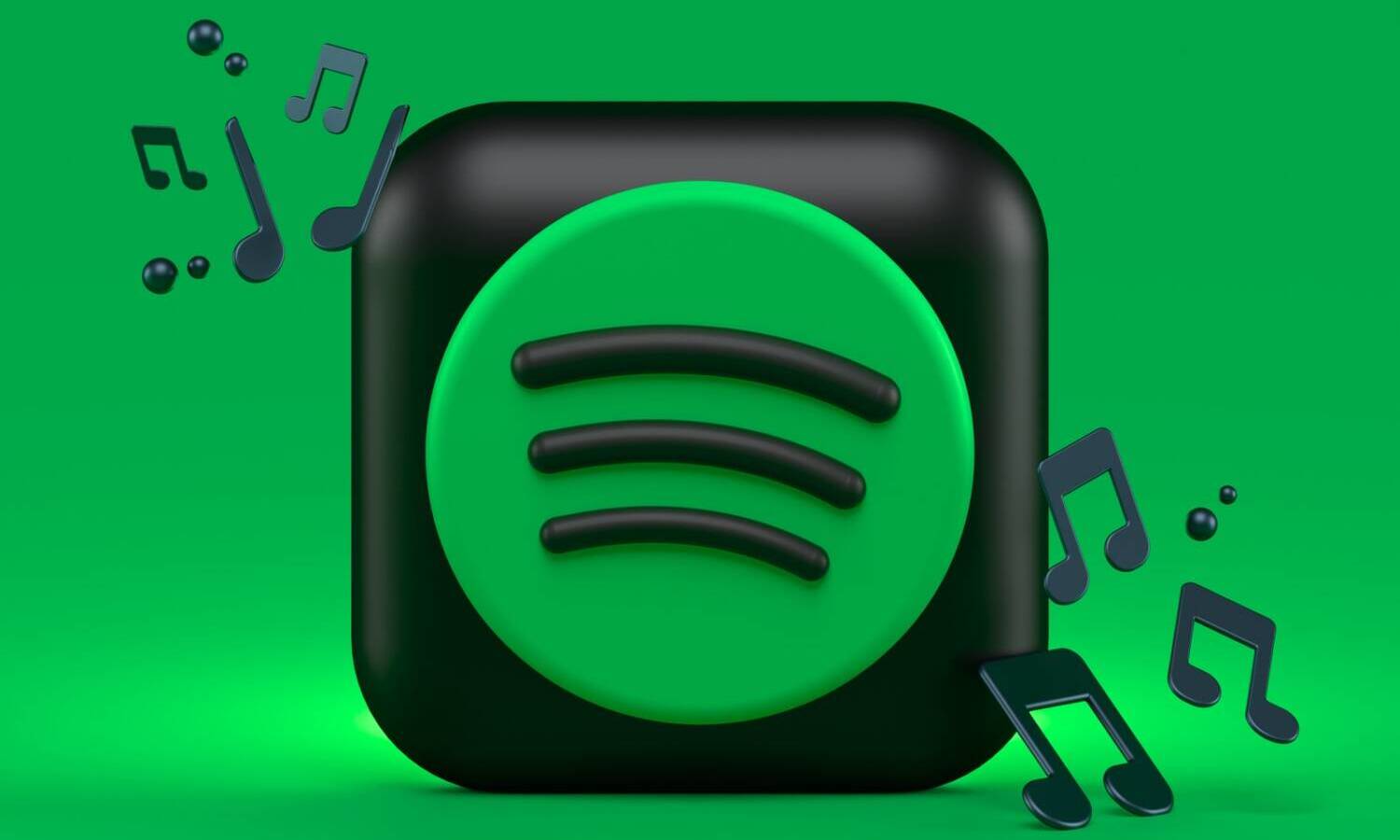
Spotify successfully defends against cannabis-related trademark filings: what you need to know
By Maureen Meehan
The US Patent and Trademark Office’s Trademark Trial and Appeal Board (TTAB) upheld two oppositions by Spotify to trademark applications filed by US Software Inc. for its cannabis software known as POTIFY, according to IP Watchdog.
What you should know: The USTPO stated that POTIFY’s trademarks diluted and blurred the trademarks of the popular music streaming service.
Photo by Camilo Jimenez via Unsplash
US Software, which filed the trademark applications in 2017 and 2018, wanted POTIFY for “downloadable software for use in searching, compiling and creating compilations, rankings, ratings, reviews, referrals and recommendations relating to medical marijuana dispensaries and physician’s offices.” and Viewing and sharing a user’s location and finding, locating and interacting with other users and places, in International Class 9.”
US Software also sought the brand for clothing, medical cannabis information, creating an online community for medical cannabis patients, and as a platform to create an online community for medical marijuana discussion and health service planning.
Spotify denied the request, arguing that common law rights in its music and entertainment software and advertising could be confused with the POTIFY website and confuse consumers.
Spotify also claimed that because “pot” is a well-known term for cannabis, confused consumers could associate POTIFY with advertising marijuana and therefore tarnish the SPOTIFY brand.
Why It Matters: The Trademark and Trial Appeal Board noted that Spotify already hosts cannabis-related content, such as music and podcasts, Ganjapreur reports.
RELATED: Girl Scouts Allege Embezzlement by Cannabis Edibles Company
US Software argued that its product is not for individual consumers, but “point-of-sale systems, telemedicine systems, and enterprise resource planning systems” and “is a back-end software platform designed for legal marijuana dispensaries to market their products.” and for sale”.
Additionally, POTIFY pointed out that it existed in 2014, before Spotify became famous, and that its name comes from the online shopping site Shopify, not the Spotify streaming platform.
RELATED: Clint Eastwood Received $6.1 Million in CBD Lawsuit
Ultimately, the board ruled that “because the marks SPOTIFY and POTIFY are used for software products that perform analogous functions and are so similar in look and sound, their commercial impressions are similar even if consumers assume different meanings of SPOT and POT” and it is “inevitable that POTIFY will reduce SPOTIFY’s distinctiveness.”
So Spotify wins.
This article originally appeared on Benzinga and has been republished with permission.

Post a comment: